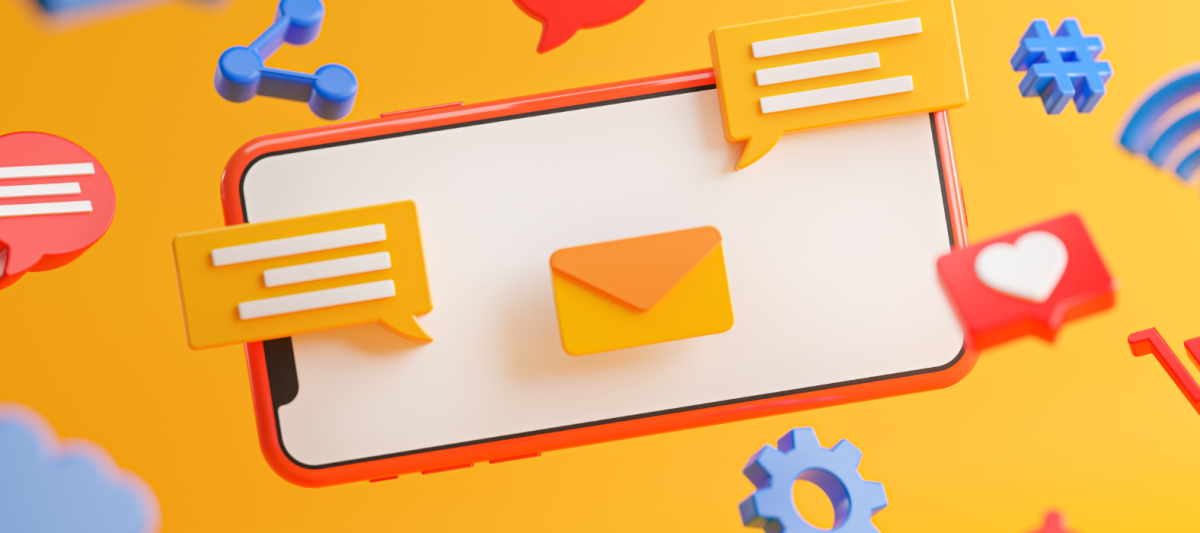
Quick Social Media Do's and Don'ts
In today's interconnected world, social media has become an integral part of our daily lives.
Healthcare providers are no exception, as they seek to engage with patients, share medical knowledge, and promote their practices through online platforms. However, this convenience comes with significant responsibilities, especially when it comes to safeguarding patients' protected health information (PHI) under HIPAA.
Understanding the Challenge
HIPAA regulations are designed to ensure the privacy and security of patients' PHI. This extends to any digital or social media platform where healthcare providers may share patient information, even unintentionally. It's vital for healthcare professionals to understand that what they post, share, or comment on social media can have profound legal and ethical implications.
Maintaining HIPAA Compliance
To navigate the complex terrain of HIPAA compliance and social media use effectively, healthcare providers should adhere to some essential guidelines:
-
Educate Your Team: Start by educating your staff about HIPAA regulations and the risks associated with social media use. Training sessions and ongoing reminders can help reinforce compliance.
-
Strictly Avoid PHI: Under no circumstances should PHI be shared on social media. This includes patients' names, photos, medical histories, or any other identifiable information.
-
Secure Social Media Accounts: Ensure that your practice's social media accounts are secure with strong passwords, and limit access to authorized personnel only.
-
Think Twice Before Posting: Before hitting the "post" button, think about the potential consequences of your content. Even seemingly innocent posts can inadvertently violate patient privacy.
-
Respond Appropriately: If a patient reaches out on social media with healthcare-related questions or concerns, respond privately or encourage them to contact your office directly. Never discuss patient-specific information on public forums.
Benefits of Responsible Social Media Use
When used responsibly, social media can be a powerful tool for healthcare providers. It allows you to:
-
Educate the public about health issues and preventive care.
-
Build trust and relationships with patients.
-
Share relevant health information and promote wellness.
-
Showcase your expertise and promote your practice ethically.
While social media offers many advantages for healthcare providers, it also presents significant dangers when it comes to HIPAA compliance. By following these do’s and don’ts, you can harness the power of social media while safeguarding patient privacy and maintaining the highest level of care.
Have you conducted your regular HIPAA security risk assessment yet this year? Medcurity offers the most intuitive HIPAA compliance tools and resources available. Our guided risk assessments include easy steps and definitions throughout, so you can ditch the stressful spreadsheets and gain peace of mind. Ensure your organization is meeting HIPAA compliance requirements with a risk assessment that is constantly being updated by our team of experts to reflect current regulations.
If you have any questions, please reach out to your team at Medcurity.